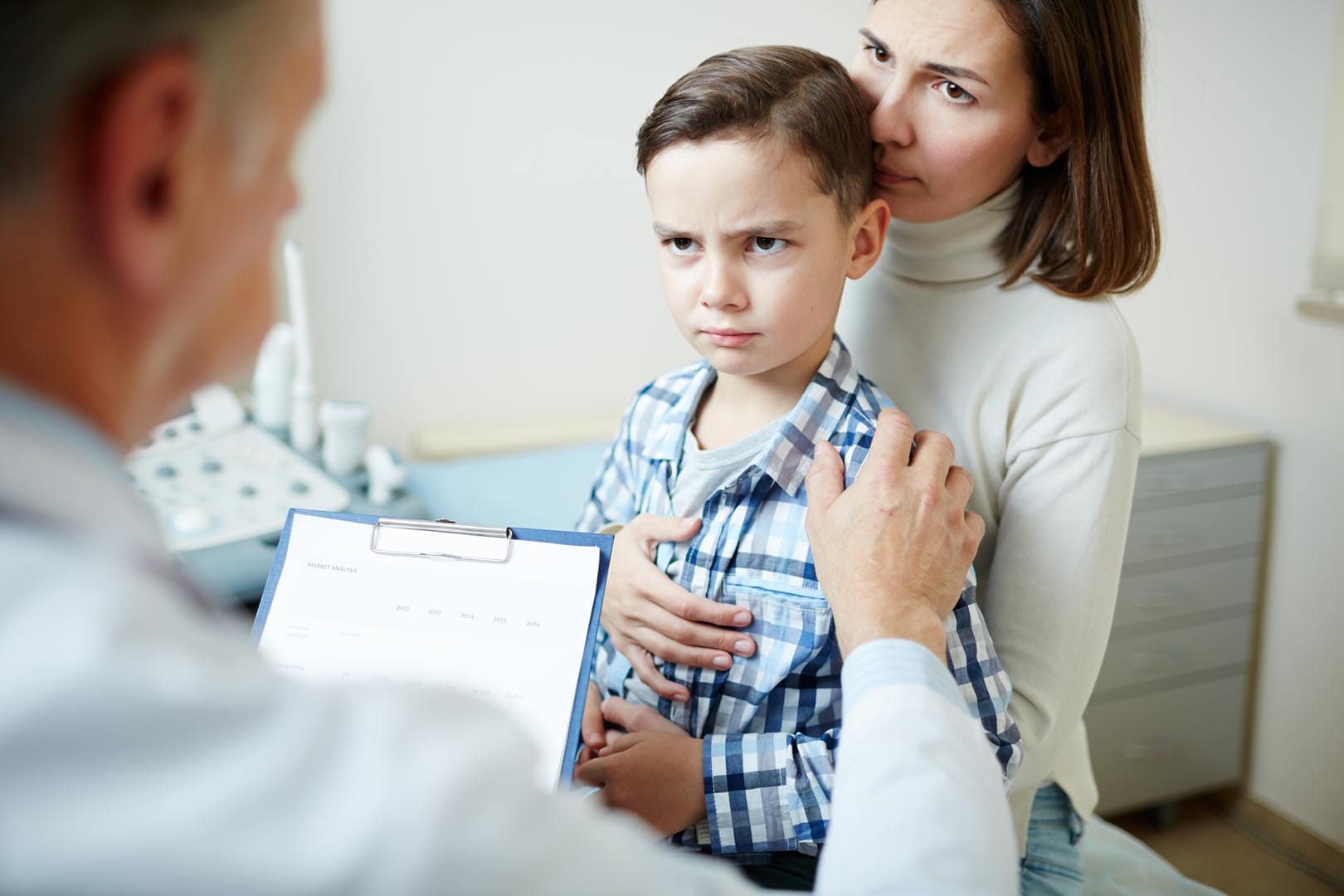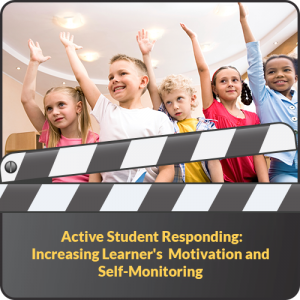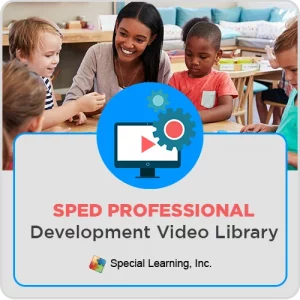Developmental-Behavioral Pediatrics
The field of Developmental-Behavioral Pediatrics is a fairly new discipline that contributes to the care of children who are not developing in accordance with their developmental expectations. This field is also relevant to children at risk of developing behavioral and mental health disorders.
This subspecialty of Medicine traces its roots to the enlightenment and developments within psychology, and the differentiation of Pediatrics from Medicine. In the United States, it became a distinct subspecialty in the late 20th century.
Developmental-Behavioral Pediatrics was first granted board certification by the American Board of Pediatrics in 2002. In 2006, after 3 certification examinations, 520 board-certified developmental-behavioral pediatricians became licensed practitioners in the United States. By 2007 thirty-one accredited fellowship training programs and 76 fellows in training indicated that the field was growing rapidly to address the evolving needs of children (Carey, Crocker, 2009, pp10-11).
Reference:
Carey, W.B. & Crocker, A.C. (2009). Developmental and Behavioral Pediatrics, Fourth Edition. Philadelphia: Saunders Elsevier
Copyright © by Special Learning Inc. All right reserved.
No part of this article may be reproduced in any manner whatsoever without written permission except in the case of brief quotations embodied in critical articles and reviews. For information, contact Special Learning Inc., at: contact@special-learning.com








